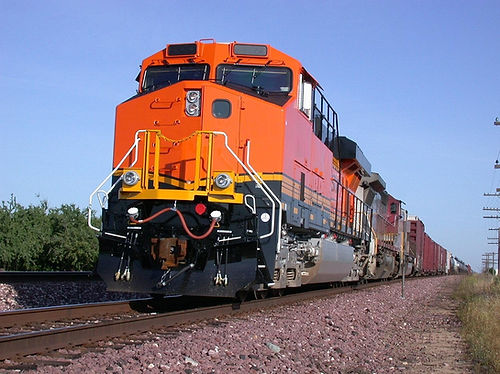Rail Transloading
Rail Transloading
Transloading freight between truck and train offers companies the best of both worlds, merging cost-effective rail transport with the adaptability of over-the-road trucking. This approach enables businesses to reduce transportation expenses and expand their market reach.
CONRAIL, CSX, Norfolk Southern, and Genesee-Wyoming are the rail lines serving CCDN Express locations – take advantage of this opportunity today!
-
Products are loaded onto a truck.
-
The truck takes the container to a transload facility.
-
At the transload facility, products are moved to a rail car.
-
The method of transfer depends on the type of product (for example, tank car, flat car, or box car).
-
If necessary, products are loaded back onto trucks for their final delivery.
The Process:
Environmental Benefits Of Shipping By Rail
-
Enhanced efficiency
-
Lower emissions of pollutants
-
Reduced energy consumption
-
Decreased greenhouse gas emissions
-
Alleviated highway congestion by removing trucks from the roads
-
Less need for road maintenance and construction
-
Lower material handling and packaging costs
-
Increasingly beneficial as diesel prices continue to rise
-
Not affected by the ongoing truck driver shortage
-
Trains are recognized as the safest mode of transportation in the U.S.
Additionally, transloading and warehousing not only contribute to the environmental benefits of rail shipping but also provide a comprehensive logistics solution that merges the cost-effectiveness of rail with the flexibility of trucking and the savings associated with Just-In-Time (JIT) inventory management.

